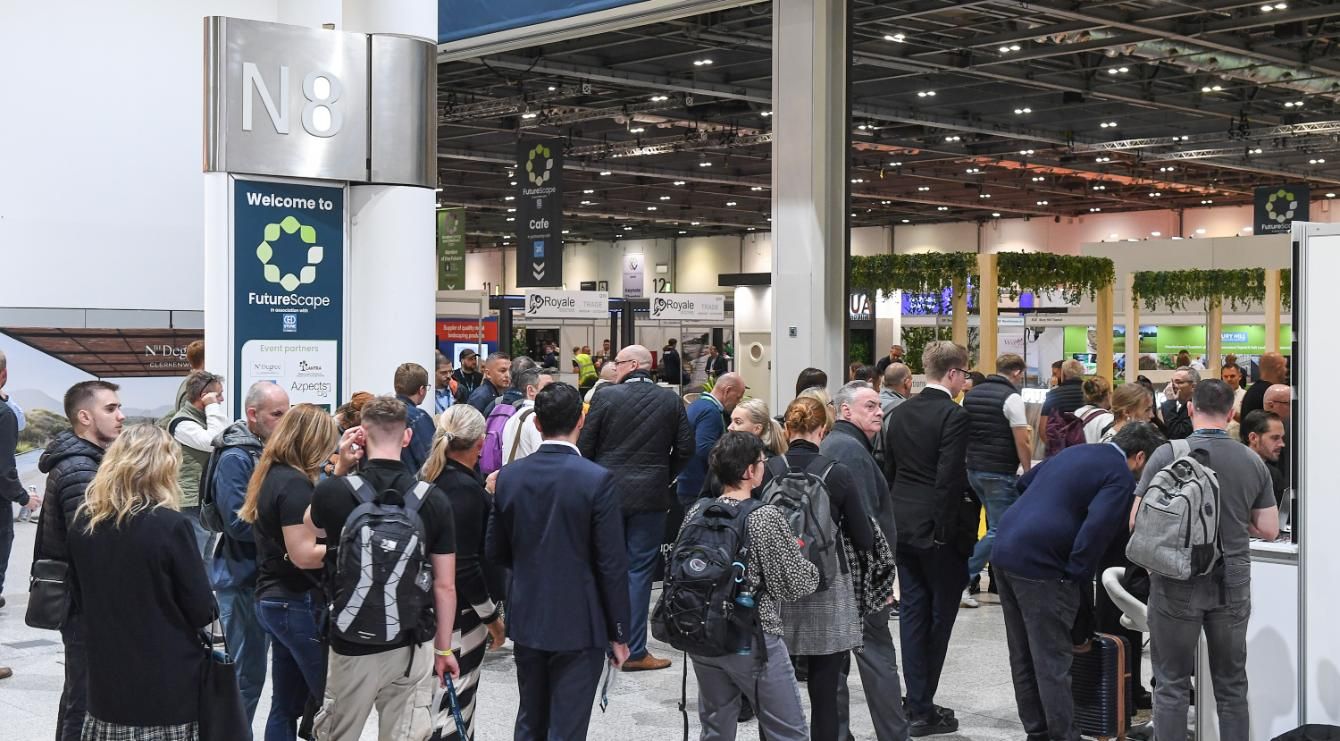Waste-to-Energy & Carbon Capture: What’s Next for the UK and London Boroughs?
)
The UK currently operates around 60 Energy-from-Waste (EfW) plants, including over 50 in England, which turn non-recyclable waste into electricity and sometimes heat. In London, EfW facilities are key to managing residual waste, powering homes, and aligning with net zero ambitions.
EfW Facilities Across London BoroughsHere are the main waste-to-energy plants within Greater London:
-
Edmonton EcoPark (Enfield)
Serving Barnet, Camden, Enfield, Islington, Hackney, Haringey, and Waltham Forest; originally commissioned in 1971, now being redeveloped into a modern Energy Recovery Facility capable of processing 700,000 tonnes of waste annually. -
SELCHP (South East London Combined Heat and Power, Bermondsey)
Serving Lewisham, Southwark, Greenwich (and others); processes about 420,000 tonnes per year and generates combined heat and power. -
Riverside Energy Recovery Facility (Bexley)
One of the UK’s largest EfW plants. In 2021, it processed 782,000 tonnes, produced 532 GWh of electricity, and repurposed 170,000 tonnes of bottom ash into construction material. -
Beddington Energy Recovery Facility (Sutton)
Opened in 2019, this EfW site replaced a landfill and now powers approximately 60,000 homes. It reduces carbon emissions by around 200 kg per tonne of waste compared with landfill.
-
Landfill diversion: EfW significantly cuts methane emissions by turning waste into energy.
-
Energy generation: EfW contributed to around 6% of UK electricity in 2022.
-
Carbon balance: While 60% of EfW feedstock is carbon-neutral biogenic waste, the rest (plastics) contributes to CO₂ emissions.
-
ETS Inclusion by 2028: The government will bring EfW into the UK Emissions Trading Scheme, adding a carbon cost to operations.
-
Carbon Capture & Storage (CCS): Trials are underway—including at Riverside and Edmonton—to retrofit CCS technology and potentially render EfW "net negative" when biogenic carbon is captured.
-
Local strategy: London's net zero by 2030 plan recognises the role of EfW, urging decarbonisation via CCS and enhanced recycling.
Emerging Opportunities & Challenges
- CCS retrofits at sites like Edmonton & RiversideHigh upfront costs and infrastructure complexity
- Expanding district heating networks
- Feedstock reduction as recycling increases
- Energy recovery innovation (hydrogen, syngas)
- Public concern over incineration locking-in
Curious about the future of energy from waste and carbon-neutral solutions? Drop by and explore with: Standard Gas Tech, OCO Technology, ERVO Energy, Anaergia UK, EnviroLogistics Consulting — plus hundreds of other exhibitors tackling EfW, CCS, and circular energy.
7–8 October 2025 | ExCeL London
🎟️ Register free: www.recyclingexpo.co.uk



